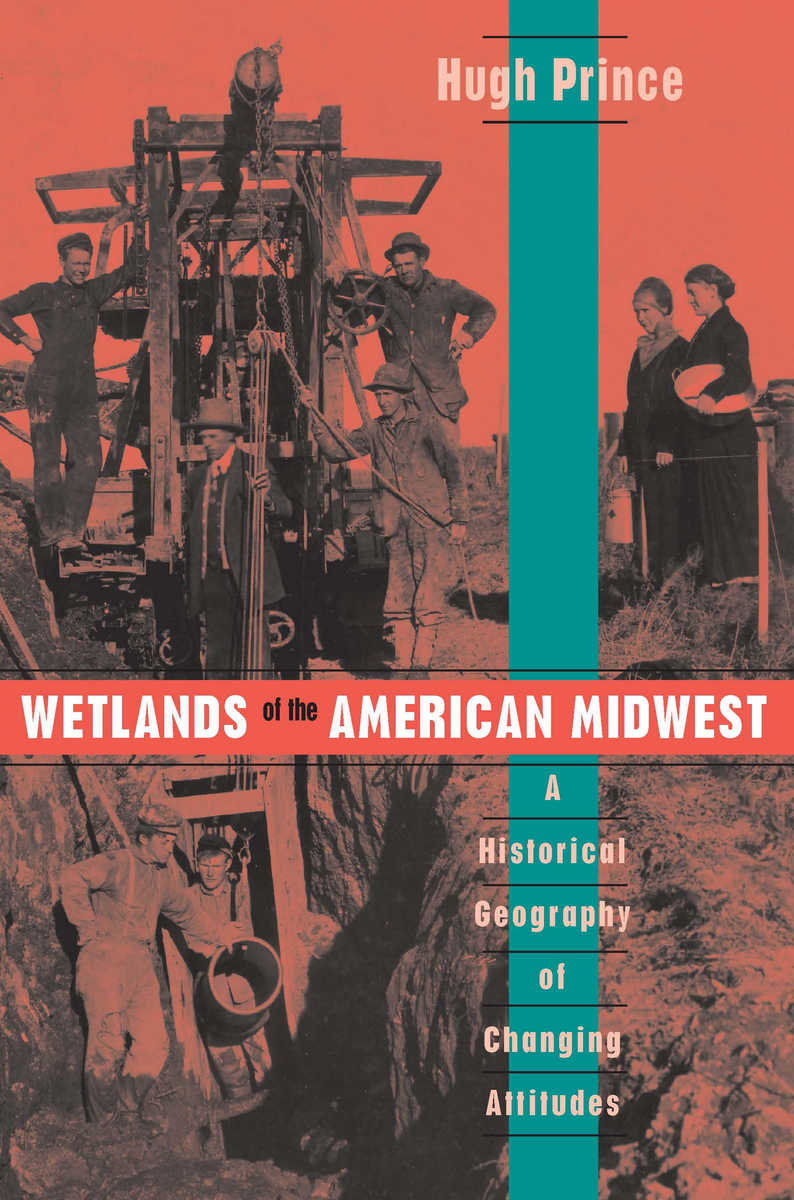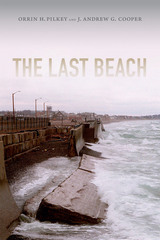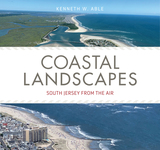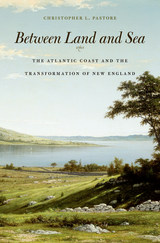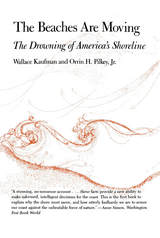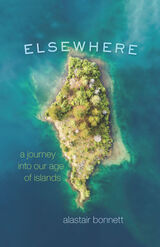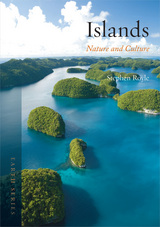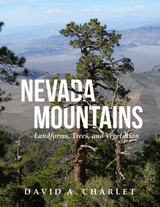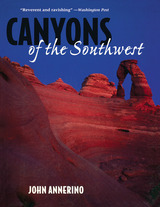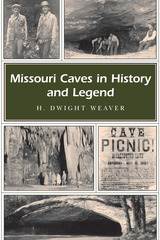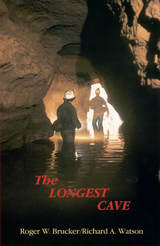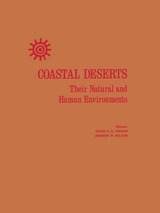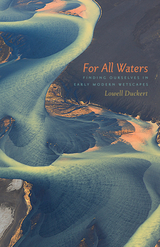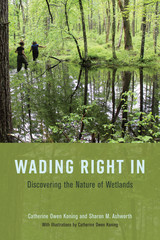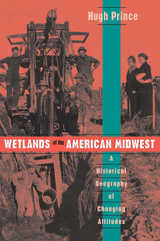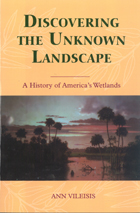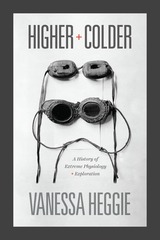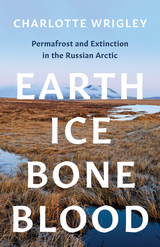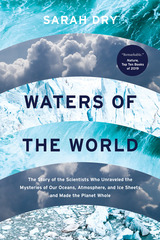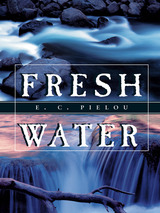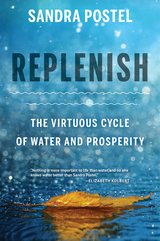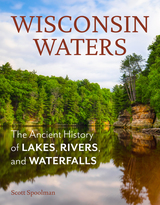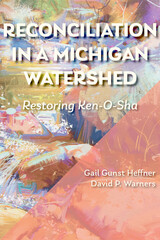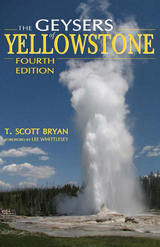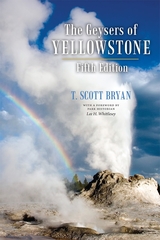Wetlands of the American Midwest: A Historical Geography of Changing Attitudes
University of Chicago Press, 1997
eISBN: 978-0-226-68280-8 | Paper: 978-0-226-68283-9
Library of Congress Classification GB624.P75 1997
Dewey Decimal Classification 333.9180977
eISBN: 978-0-226-68280-8 | Paper: 978-0-226-68283-9
Library of Congress Classification GB624.P75 1997
Dewey Decimal Classification 333.9180977
ABOUT THIS BOOK | TOC | REQUEST ACCESSIBLE FILE
ABOUT THIS BOOK
How people perceive wetlands has always played a crucial role in determining how people act toward them. In this readable and objective account, Hugh Prince examines literary evidence as well as government and scientific documents to uncover the history of changing attitudes toward wetlands in the American Midwest.
As attitudes changed, so did scientific research agendas, government policies, and farmers' strategies for managing their land. Originally viewed as bountiful sources of wildlife by indigenous peoples, wet areas called "wet prairies," "swamps," or "bogs" in the late nineteenth and early twentieth centuries were considered productive only when drained for agricultural use. Beginning in the 1950s, many came to see these renamed "wetlands" as valuable for wildlife and soil conservation.
Prince's book will appeal to a wide readership, ranging from geographers and environmental historians to the many government and private agencies and individuals concerned with wetland research, management, and preservation.
As attitudes changed, so did scientific research agendas, government policies, and farmers' strategies for managing their land. Originally viewed as bountiful sources of wildlife by indigenous peoples, wet areas called "wet prairies," "swamps," or "bogs" in the late nineteenth and early twentieth centuries were considered productive only when drained for agricultural use. Beginning in the 1950s, many came to see these renamed "wetlands" as valuable for wildlife and soil conservation.
Prince's book will appeal to a wide readership, ranging from geographers and environmental historians to the many government and private agencies and individuals concerned with wetland research, management, and preservation.
See other books on: American Midwest | Geography | Middle West | Real Estate | Wetlands
See other titles from University of Chicago Press
